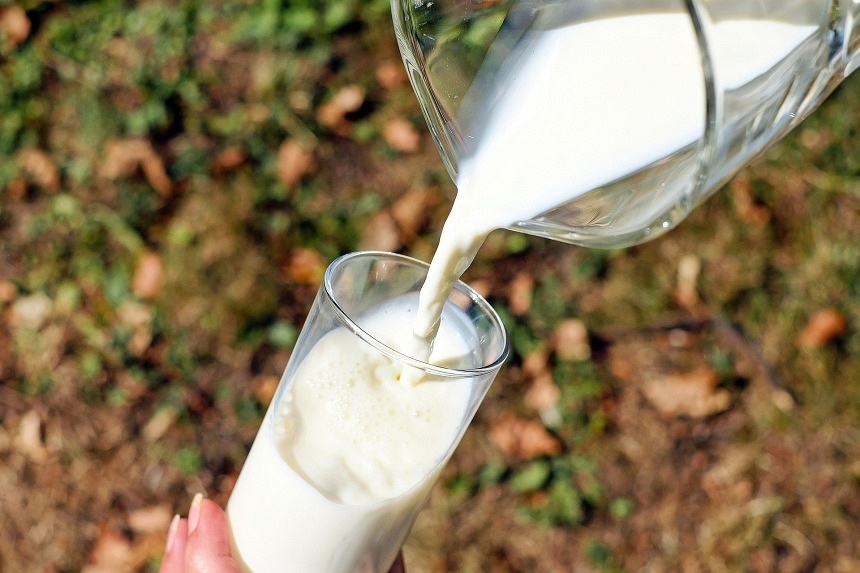American fermentation firm Nature’s Fynd, which creates dairy-free products such as yogurt and cream cheese using its fermented fungi-based protein, had initially planned to open a manufacturing facility in Singapore by 2022 or 2023, after receiving SFA approval.
Its fungi-based protein is made from a fungi microbe that originated from Yellowstone National Park in the US.
When asked about the status of its plans, a company spokeswoman said it has no updates on a local facility and has yet to launch its products here. “(Singapore) continues to be a target location for us in the future. We have focused our efforts on our continued US retail expansion and innovating to create new products,” she added.
Local biotech firm TurtleTree, which has operations in Singapore and the US, is prioritising the US market to commercialise its sustainably produced lactoferrin – a key ingredient found in human milk made using precision fermentation.
The company is aiming for regulatory approval in the US before following up with SFA for regulatory approval here, said its CEO Fengru Lin.
“Leading with US regulation allows us to capture the biggest market in the world… (but) we do see Singapore as a wonderful gateway to the rest of Asia, so it is a close second market that we are tackling,” she added.
Dutch fermentation company The Protein Brewery, which received regulatory approval from SFA to sell its fungal-based protein ingredient in Singapore in March 2024, is also prioritising further expansions in the US and the EU.
In the interim, it would study how best to address the consumer market in Singapore, said its spokesman.
Mr Yip, the food-tech investor, said: “Companies have always been drawn to Singapore’s favourable regulatory environment, but as they enter their next growth phase, they face challenges such as a smaller market size, limited manufacturing capacity and an underdeveloped ecosystem.”
One of the key bottlenecks hindering the scale-up of fermentation technologies globally is the lack of sufficient bioreactor capacity, which is particularly pronounced in the Asia-Pacific region, according to a 2023 report.
Singapore has one such facility, known as ScaleUp Bio, which essentially provides contract manufacturing services to fermentation companies looking to scale up from the lab to pilot scale.
The company, which received a food manufacturing licence from SFA in May, has signed agreements with at least five companies here to begin production.
Mr James Petrie, chief executive officer of Australia-based Nourish Ingredients, told ST that the company selected Singapore as an Asia-Pacific hub as it offers a highly enabling ecosystem with regulatory and legal support, and production capabilities.
The company, which produces precision fermented fats that can be used to amplify plant-based meat and dairy products, is working closely with ScaleUp Bio to scale up production, and with SFA for regulatory approval in Singapore.
Finnish company Solar Foods, which received regulatory approval here in end-2022 for its fermented protein ingredient Solein, has launched a number of limited-edition products in Singapore at various food and beverage outlets, such as a chocolate ice cream infused with Solein at Italian restaurant Fico.
Previously, production quantities were limited, but since its first commercial-scale facility became operational in April 2024, it is ramping up production.
“(The facility) will have a target capacity of 160 tonnes of the novel protein annually, enabling larger commercial use of Solein in the food industry,” said its spokeswoman.

